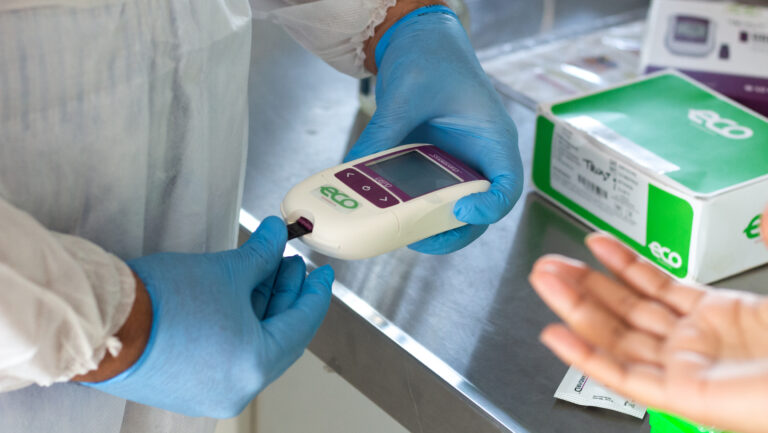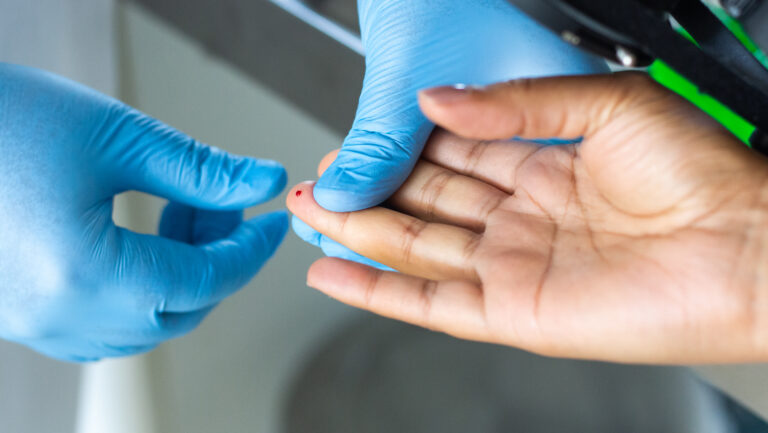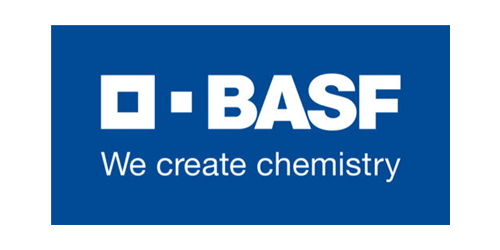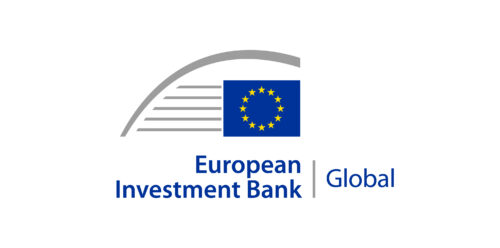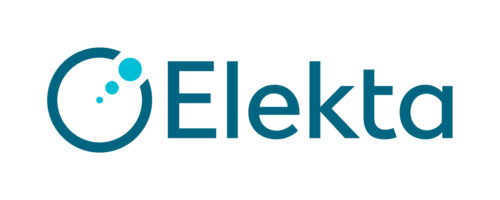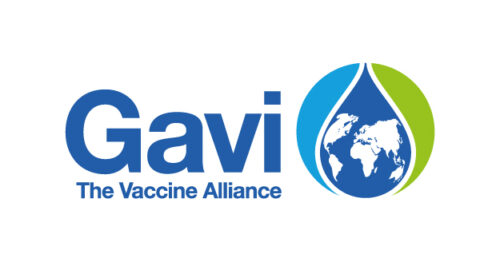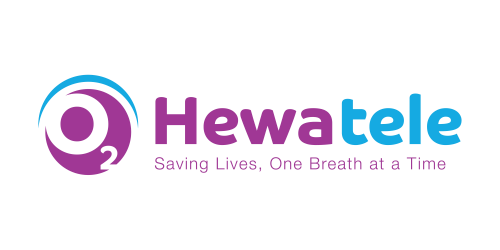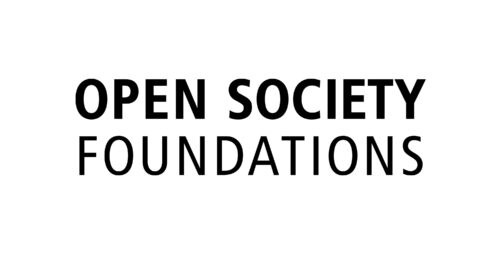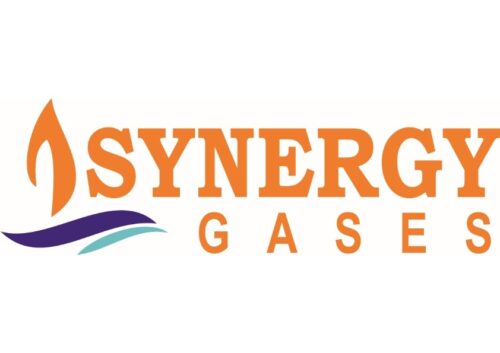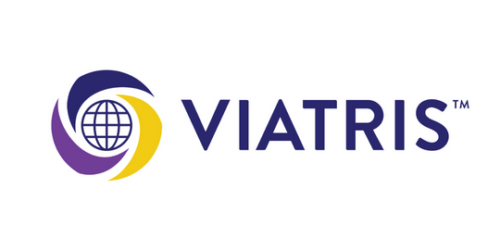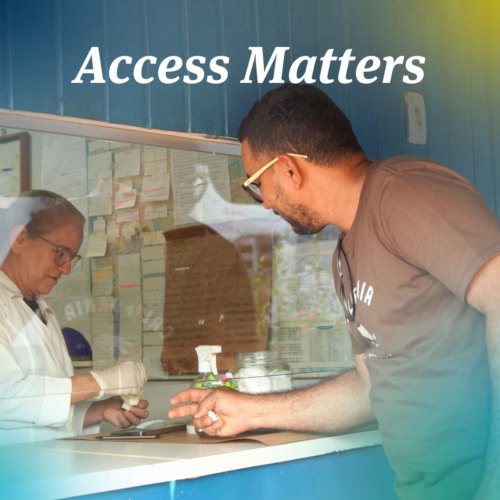MedAccess welcomes rollout of G6PD testing and tafenoquine in Brazil
by MedAccess
26 March 2024 | News
MedAccess today welcomed news from Brazil that people from the Yanomami Indigenous Territory in Roraima will become the first to benefit from the country’s national rollout of point-of-care glucose-6-phosphate-dehydrogenase (G6PD) testing and single-dose tafenoquine to tackle P. vivax malaria. Brazil is the first malaria-endemic country in the world to adopt this new treatment.
Last week, 105 health representatives from the Yanomami people started training on the appropriate administration of tafenoquine guided by quantitative G6PD testing. The training was provided to doctors, nurses and nurse technicians in Boa Vista at the Surucucu base centre.
A shipment of 8,000 tafenoquine treatments has been sent to the Yanomamo Special Indigenous Health District (DSEI). This will meet the needs of the population for the next six months. In 2023, 30,972 cases of malaria were reported in the Yanomami DSEI, seventy percent of which were P. vivax.
“The use of G6PD testing and tafenoquine for the first time outside of a clinical study is a major step forward in the fight against P. vivax malaria,” said Kaodili Udeh, Health Markets Executive at MedAccess. “We welcome the Brazilian Government’s commitment to protecting populations most at risk from P. vivax malaria and we congratulate all the partners involved in this historic achievement. MedAccess is pleased to be playing its part through a volume guarantee for SD Biosensor to ensure continued availability of affordable G6PD testing devices.”
The Brazilian Government’s decision to roll out G6PD testing and tafenoquine follows an evidence review by CONITEC, the Brazilian Commission of Technology Incorporation in the Public Health System, at the request of the Ministry of Health. The review analysed findings from the Medicines for Malaria Venture (MMV) and Ministry of Health co-sponsored TRuST study, which took place in Brazil in 2021 and 2022, and a qualitative study of patient and healthcare worker perceptions of G6PD testing and single-use tafenoquine linked to TRuST. It also undertook cost effectiveness and budget impact analysis.
Testing for G6PD deficiency is essential to treating P. vivax malaria. The World Health Organization (WHO) recommends treatment with chloroquine or artemisinin combination therapy followed by primaquine, an 8-aminoquoline drug, to clear the liver stage infection. Although tafenoquine, also an 8-aminoquoline drug, is currently awaiting a recommendation, WHO has recognised it as an important potential treatment for P. vivax malaria. Patients who are G6PD deficient are at risk of hemolytic anaemia during treatment with the 8-aminoquinoline class of drugs. As a result, healthcare workers often prescribe lowers doses of 8-aminoquinoline drugs over a longer period. This often leads to poor adherence as patients stop treatment when they feel better, despite the infection persisting in their liver.
The P. vivax malaria parasite caused an estimated 6.9 million infections in 2021. Patients with P. vivax malaria often experience fever, chills vomiting, tiredness and muscle pain. Severe cases can lead to death. Although P. vivax malaria claims fewer lives annually than P. falciparum malaria, it has a significant economic impact as it prevents people from working and studying. Lack of G6PD testing alone is estimated to contribute to global costs of $135 million per year.
MedAccess is supporting access to G6PD testing through a volume guarantee agreement with SD Biosensor. The agreement, signed in September 2022, ensured SD Biosensor would continue to produce affordable G6PD tests ahead of market entry by other providers in future years.
SD Biosensor’s G6PD test is currently the only approved quantitative test available. Following a development partnership with PATH, the test received authorisation from the Australian Therapeutic Goods Administration in May 2021, making it the only G6PD test approved for use by a stringent regulatory authority. Single-use tafenoquine was developed by GSK and MMV.
